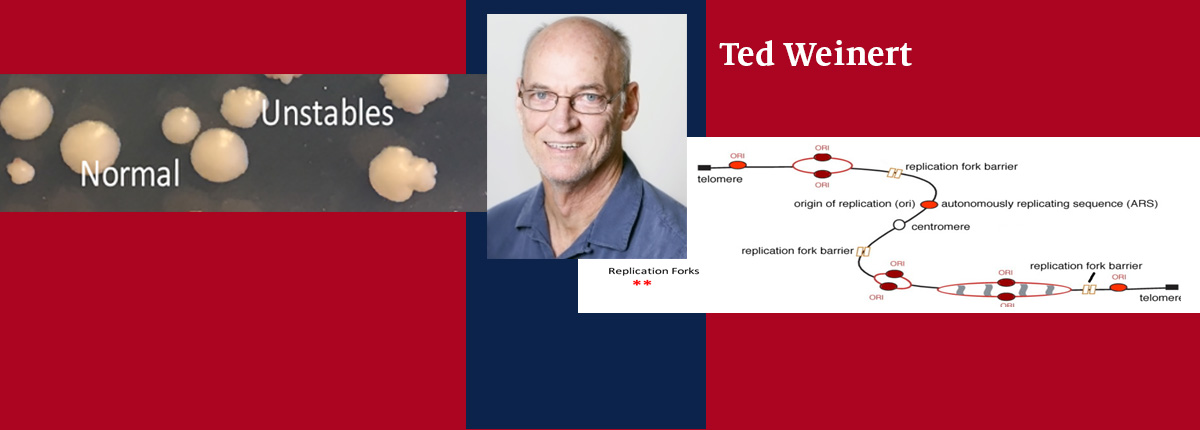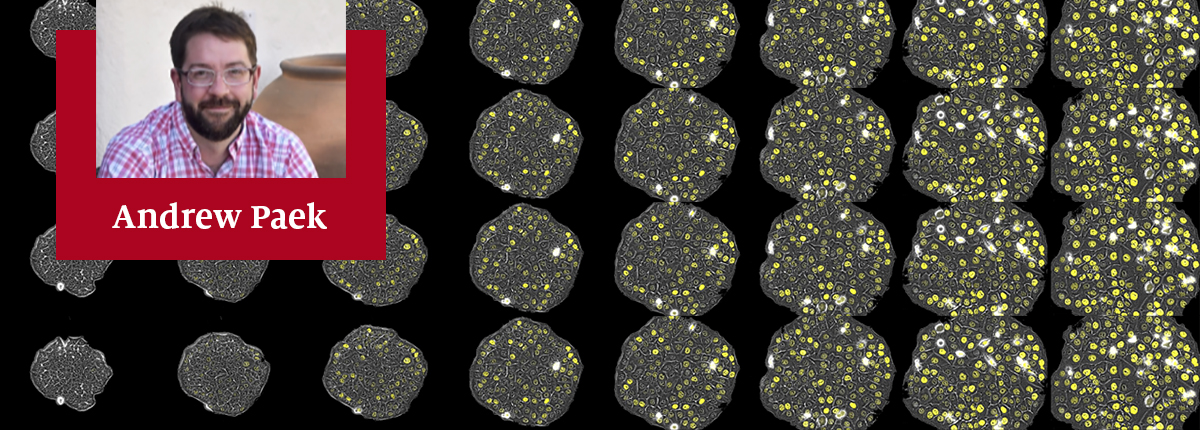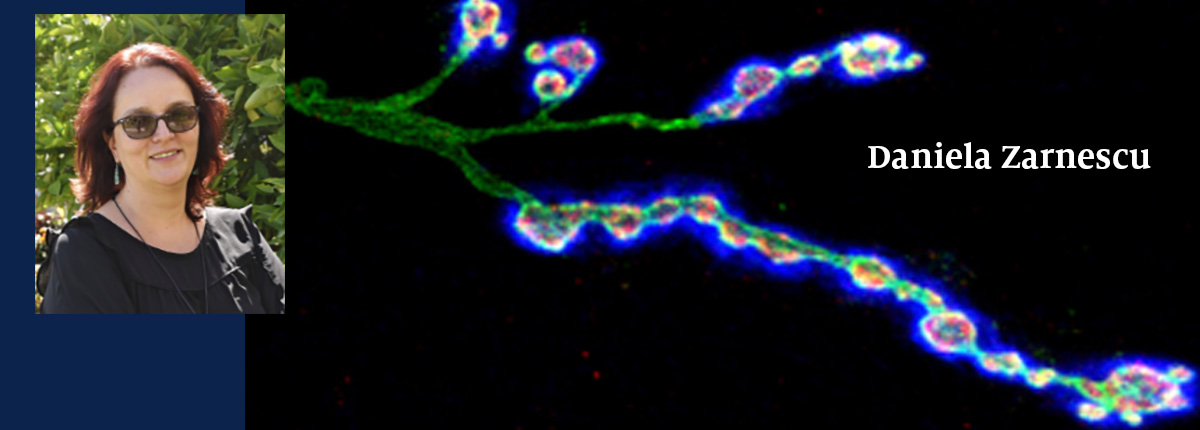MCB's 21 primary faculty represent a diverse array of research that builds fundamental insight and translates into treating diseases such as cancer, neurodegeneration, and aging. Our faculty investigate a wide range of basic questions concerning cells and genes and their impact on evolution, aging, and disease. We are also researching novel approaches in science education and studying the very origins of life. Click on the research areas below to learn more about our work.
-

Identifying molecular targets to increase longevity & treat age-related disease
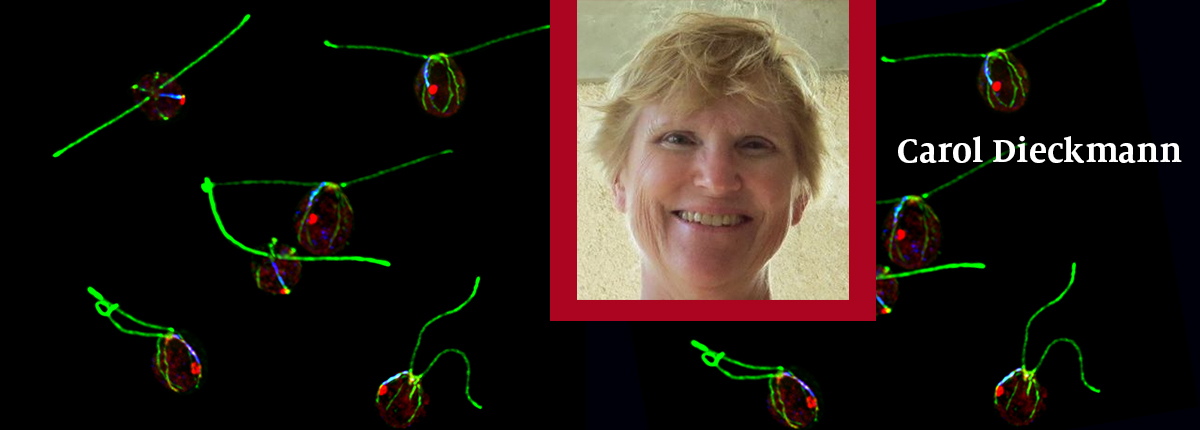
Studying eye placement to understand how cells establish up, down, left, right
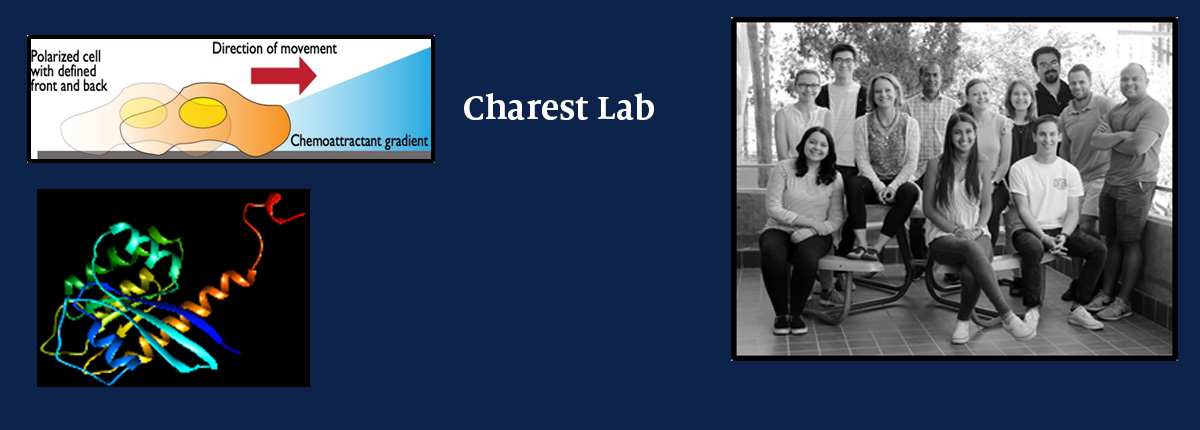
Discovering signaling mechanisms in chemotaxis and cell migration
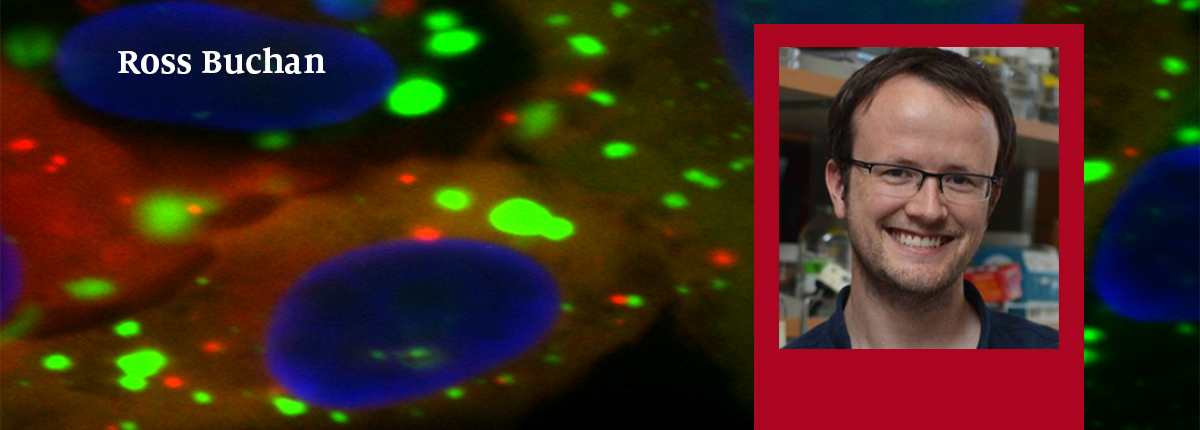
Stress granules & P-bodies: A dynamic duo of bodies that affect mRNA function
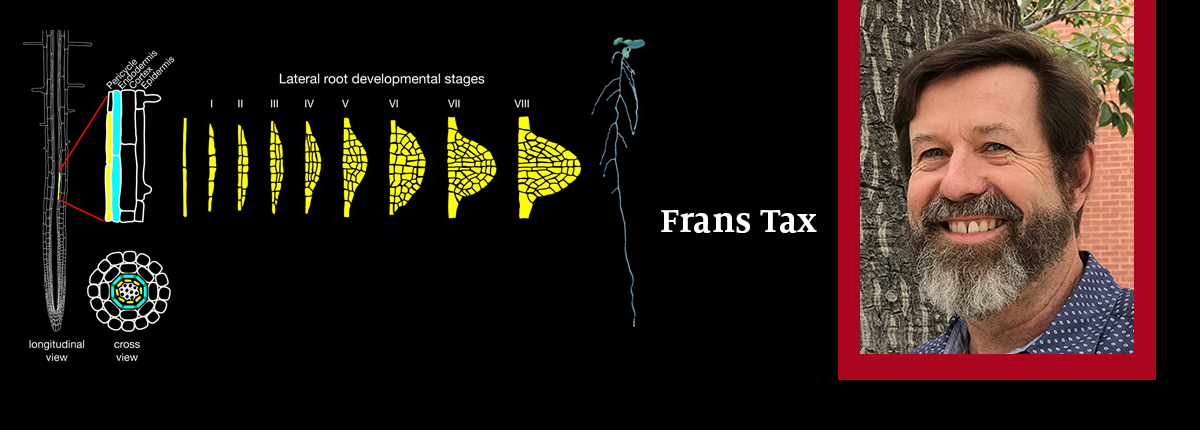
Elucidating molecular mechanisms plants use to specify & maintain cell fates
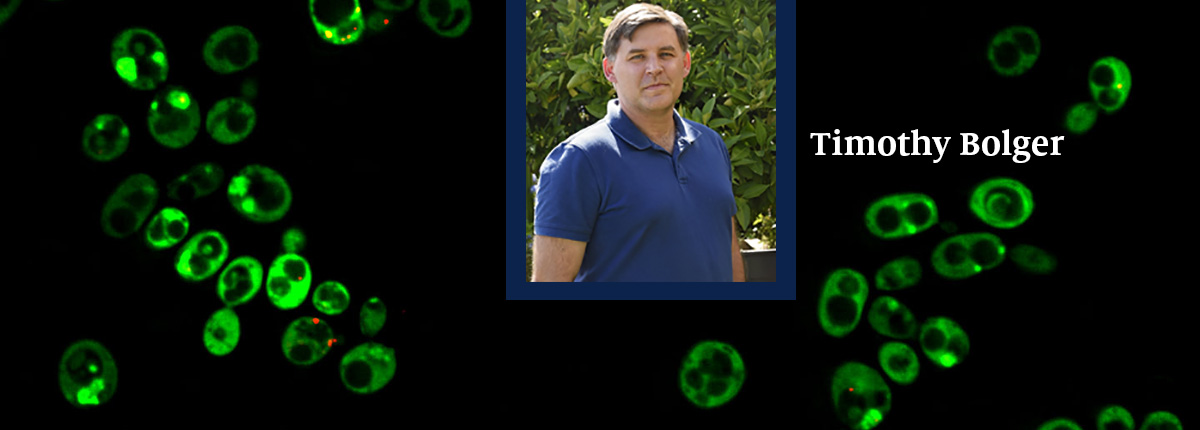
How does the cell control the use of information encoded in genes?

Gene networks & evolution: How did wormlike creatures give rise to mammals?
You are here






